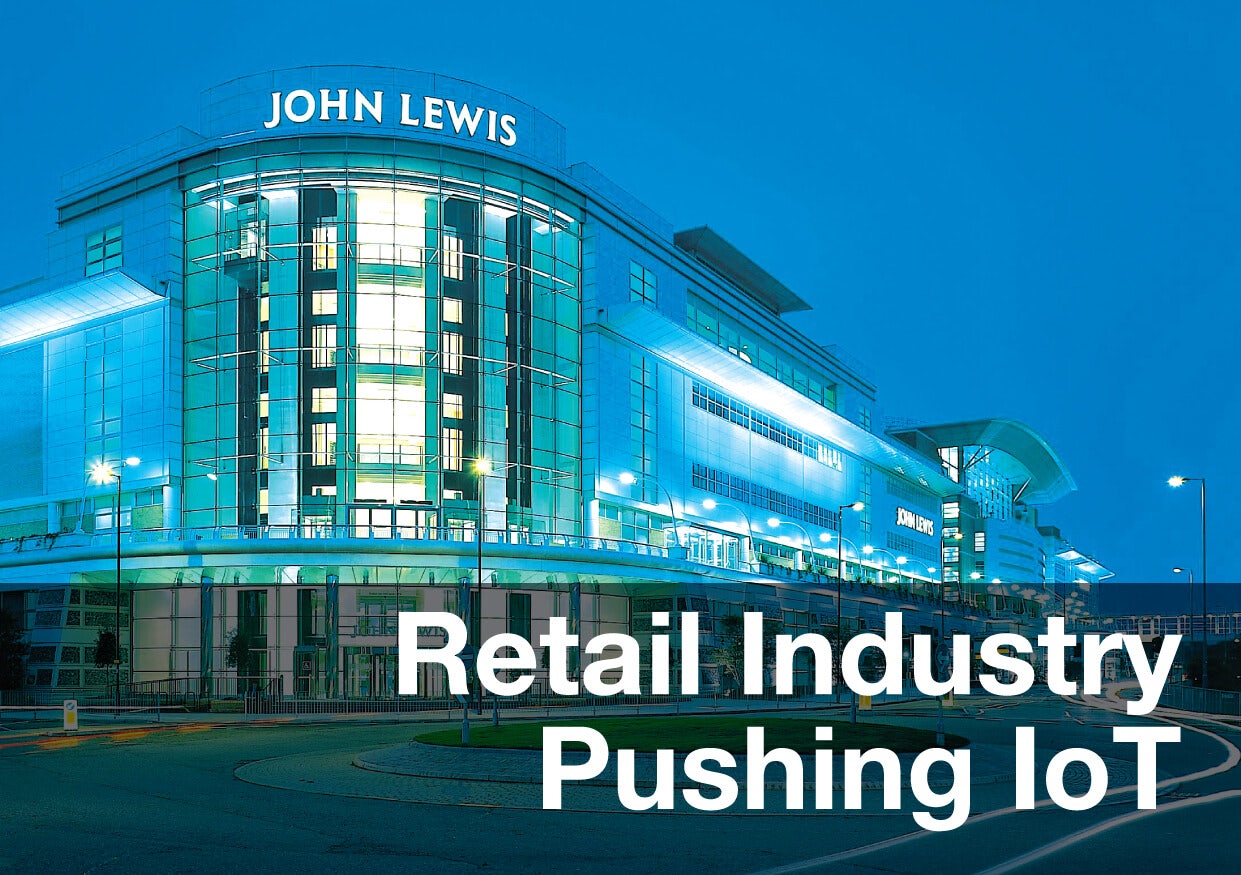Retail Industry Pushing IoT
As one of the biggest industries, retail has been a driving force behind many technologies. In the 1970s, it brought to life barcodes and scanners, which have since been adapted in advertising; airplanes; smart apps; and automated stock refill in every sector.
Retail made contactless payment an everyday event, and since has been adopted in commuting; accommodation; and petrol stations. In May 2016, BP announced their acceptance of Android Pay at all their service stations. Today, retail is one of the forces behind IoT.
Through the emergence of the Internet, shopping has gone from shopfront to couch with the focus on the product more than the customer or service; resulting in a detached experience. At the same time, the in-store experience is being enhanced to maintain a competitive edge and meet the rising demands of customers. This is where IoT will have its work cut out: the current standards are no longer enough, and consumers appear to want what they do not know of yet.
It is self-evident how the backroom operations will benefit from robotics and automatisation, but it is a fact that IoT will have to be at the front of the store, too. One way to achieve this would be to eliminate the scanning process completely: this would be done by equipping the products with a small chip, that would be scanned automatically as the customer leaves the store, and the payable sum will be sent to mobile phones to accept through an application.
Furthermore, experts believe that repetitive orders will be delivered to customers automatically and unmanned, e.g. by a drone (trials for which have already begun). Depending on demand, they could be weekly, bi-weekly, monthly etc. or alternatively the home’s smart system could alert a service provider whenever there is a need.
While retail is not directly one of Dashboard’s areas of operation, we are interested in developments in the field nevertheless. The employed technology is universal and any progress in IoT is reflected in its future versions. Remote scanning could easily be employed in the Oil & Gas industry in hard to reach places, to synchronise data or in infrastructure projects with limited resources.
